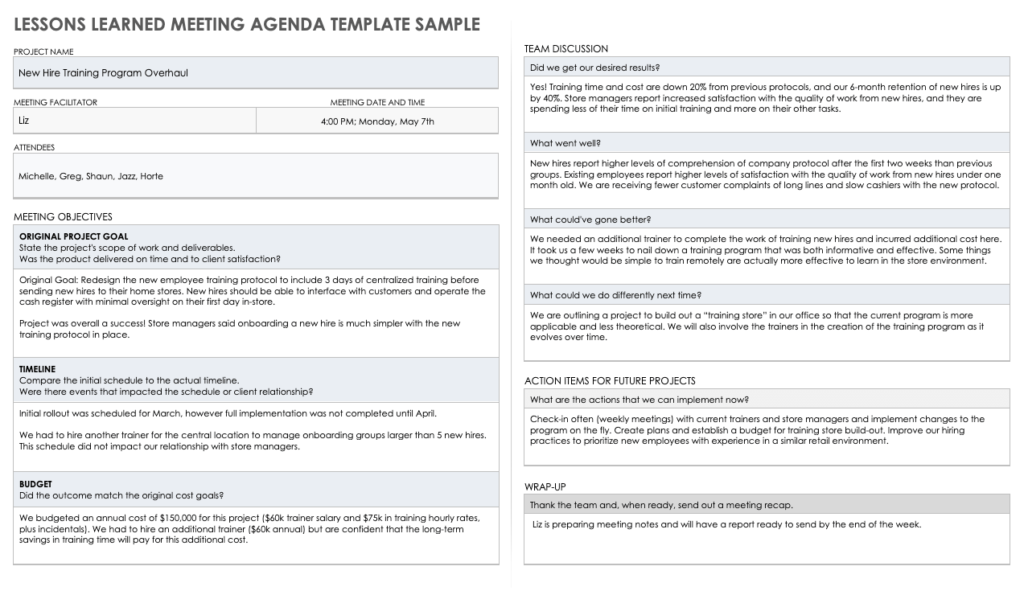
How To Do Project Lessons
How To Do Project Lessons
Are you looking to enhance your project management skills and drive successful outcomes? Look no further! In this article, we will guide you through the 5 essential steps to conduct a project lessons learned session. Whether you’re a seasoned professional or just starting out, these steps will help you analyse past experiences, identify areas for improvement, and ultimately achieve project success. So, let’s get started with this insightful journey towards honing your project management expertise.
Speak to MCTC today about our consultancy advice and training packages.
Step 1: Set the Foundation
Define the purpose and objectives of the lessons learned session
Before diving into a lessons learned session, it is important to clearly define its purpose and objectives. The purpose of a lessons learned session is to reflect on the project and identify what worked well and what could have been improved. The objectives may vary depending on the project, but some common objectives include identifying best practices, uncovering areas for improvement, and capturing knowledge and insights that can be applied to future projects.
Identify the stakeholders
To ensure a comprehensive lessons learned session, it is important to identify all relevant stakeholders. This includes project team members, key decision-makers, project sponsors, and any other individuals or groups who were involved in the project. By involving all stakeholders, you can gather diverse perspectives and ensure a comprehensive understanding of the project’s successes and challenges.
Establish the timeline and logistics
To effectively conduct a lessons learned session, it is important to establish a timeline and logistics. Determine when and where the session will take place, keeping in mind the schedules of the stakeholders. Consider whether the session will be held in-person or virtually, and ensure that all necessary technology and resources are available. Additionally, set a clear agenda for the session to keep the discussion focused and productive.
Step 2: Gather Information
Collect relevant project documents and artefacts
To gather the necessary information for a lessons learned session, collect all relevant project documents and artefacts. This includes project plans, reports, meeting minutes, and any other documentation that provides insights into the project’s execution and outcomes. By reviewing these documents, you can gain a comprehensive understanding of the project and its key milestones.
Conduct interviews or surveys with project team members
In addition to reviewing project documents, it is important to gather insights directly from the project team members. This can be done through interviews or surveys, allowing team members to provide their perspectives on what worked well and what could have been improved. By gathering input from those directly involved in the project, you can gain valuable insights and ensure a comprehensive understanding of the project’s successes and challenges.
Review project data and metrics
To further analyse the project’s performance and outcomes, review the project data and metrics. This may include key performance indicators, budget and schedule data, and any other relevant metrics that were tracked throughout the project. By reviewing the data, you can objectively evaluate the project’s performance against its objectives and targets, identifying areas of success and areas for improvement.
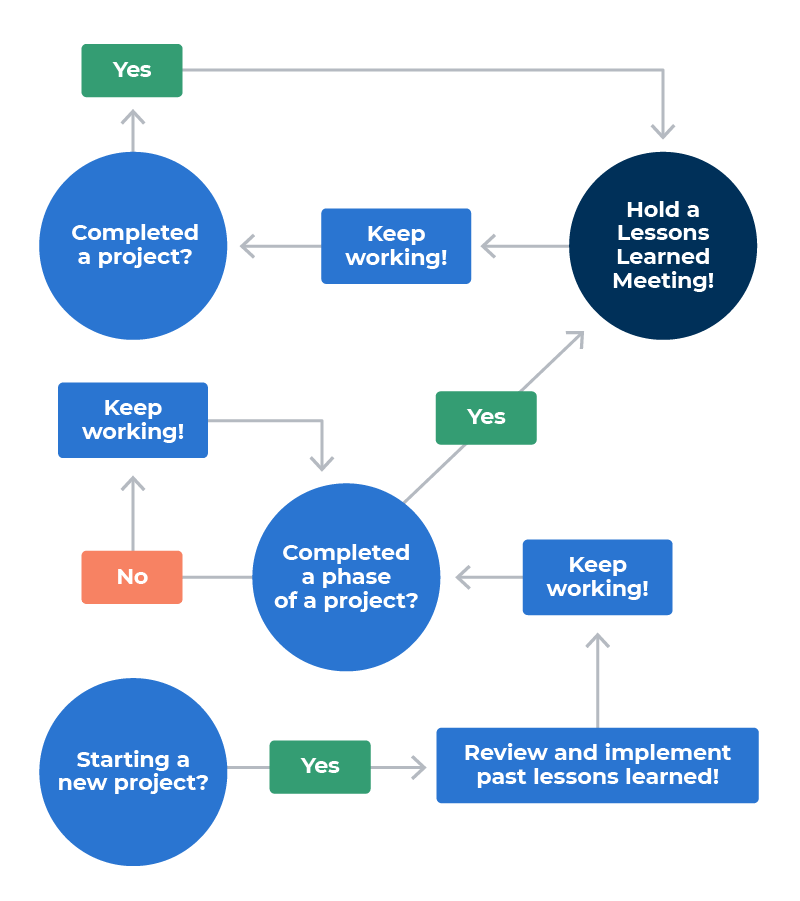
Step 3: Analyse and Evaluate
Identify successes and achievements
In this step, analyse the information gathered to identify the successes and achievements of the project. Look for areas where the project team excelled and where objectives were successfully met. Celebrate the accomplishments of the team and acknowledge the efforts that led to these successes. By identifying and recognising the successes, you can enhance motivation and morale among the project team members.
Identify challenges and issues faced during the project
Alongside the successes, it is important to identify the challenges and issues faced during the project. This includes any obstacles or setbacks that were encountered, as well as any areas where the project team struggled to meet objectives. By identifying these challenges, you can gain a better understanding of the factors that contributed to them, and look for ways to address them in future projects.
Evaluate project performance against objectives and targets
To ensure a comprehensive analysis, evaluate the project’s performance against its objectives and targets. Compare the actual outcomes with the intended outcomes, and identify any gaps or deviations that occurred. By evaluating the project performance, you can gain insights into the effectiveness of the project management processes and practices that were employed.
Step 4: Generate Lessons Learned
Compile a comprehensive list of lessons learned
Based on the analysis and evaluation conducted in the previous steps, compile a comprehensive list of lessons learned. This should include both the successes and achievements, as well as the challenges and issues faced during the project. By capturing these lessons learned, you can ensure that valuable knowledge and insights are not lost, and can be applied to future projects.
Categorise and prioritise the lessons learned
To effectively utilise the lessons learned, it is important to categorise and prioritise them. This can be done by grouping similar lessons together, and identifying the ones that have the greatest impact or relevance to future projects. By categorising and prioritising the lessons learned, you can ensure that the most important insights are given the appropriate attention and focus.
Identify root causes and contributing factors
In addition to capturing the lessons learned, it is important to identify the root causes and contributing factors behind the successes and challenges encountered during the project. This involves digging deeper into the analysis and evaluation conducted earlier, to understand the underlying reasons for the outcomes observed. By identifying the root causes and contributing factors, you can gain a deeper understanding of the project dynamics and make more informed decisions in future projects.
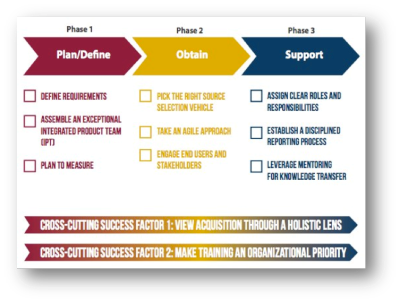
Step 5: Develop Action Plans
Define actions to address the identified lessons learned
Based on the lessons learned, define specific actions that can be taken to address them. This may include updating project management processes, adjusting communication strategies, or implementing new tools or technologies. The actions should be focused on addressing the root causes and contributing factors identified earlier, with the aim of improving future project outcomes.
Assign responsibilities and timelines for implementing the actions
To ensure accountability and progress, assign responsibilities and timelines for implementing the actions identified. Clearly communicate who is responsible for each action, and establish realistic timelines for completion. By assigning responsibilities and timelines, you can ensure that the lessons learned are effectively translated into tangible improvements and actions.
Monitor and track progress of the action plans
Once the action plans have been developed and implemented, it is important to monitor and track their progress. Regularly review the status of each action, and make adjustments as needed. This ensures that the lessons learned are continuously being applied and that the desired improvements are being realised.
Benefits of Conducting Lessons Learned Sessions
Enhances future project success
By capturing and applying lessons learned, future projects can benefit from the insights gained. This can lead to more effective project planning and execution, and ultimately improve project success rates.
Improves project management processes and practices
Through the identification of successes, challenges, and root causes, lessons learned can help identify areas for improvement in project management processes and practices. This allows for continuous improvement and the adoption of best practices.
Promotes a culture of continuous learning and improvement
Conducting lessons learned sessions promotes a culture of continuous learning and improvement within the organisation. By valuing and applying lessons learned, the organisation can foster a mindset of innovation and adaptability.
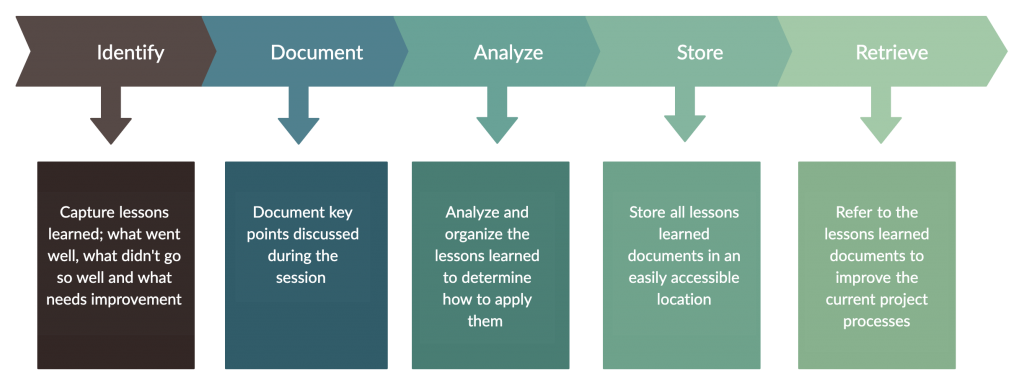
Challenges and Solutions
Lack of participation or engagement from stakeholders
One common challenge in conducting lessons learned sessions is a lack of participation or engagement from stakeholders. To overcome this, it is essential to communicate the importance of the sessions and how they contribute to future project success. Additionally, creating a safe and non-blaming environment can encourage open and honest participation.
Time constraints and competing priorities
Another challenge is time constraints and competing priorities. To address this, it is important to allocate dedicated time for the lessons learned sessions and prioritise their importance. Making the sessions a regular part of project closure activities can help ensure that they are given the necessary attention.
Resistance to change or implementation of lessons learned
Resistance to change or the implementation of lessons learned can also pose a challenge. To overcome this, it is crucial to clearly communicate the rationale behind the actions identified, and involve relevant stakeholders in the decision-making process. Providing support and resources for implementing the lessons learned can also help overcome resistance.
Best Practices for Effective Lessons Learned Sessions
Create a safe and non-blaming environment
To encourage open and honest participation, it is essential to create a safe and non-blaming environment during lessons learned sessions. This can be achieved by emphasising the importance of learning from both successes and challenges, and by fostering a culture of constructive feedback and collaboration.
Include a diverse range of perspectives
To ensure a comprehensive understanding of the project’s outcomes, it is important to include a diverse range of perspectives in the lessons learned sessions. This includes involving stakeholders from different roles and levels within the organisation, as well as external experts or consultants who can provide valuable insights.
Follow a structured and systematic approach
To maximise the effectiveness of lessons learned sessions, it is important to follow a structured and systematic approach. This includes clearly defining the purpose and objectives, gathering relevant information, analysing and evaluating the data, generating actionable insights, and developing and implementing action plans. By following a structured approach, the sessions can be more focused, productive, and impacting.
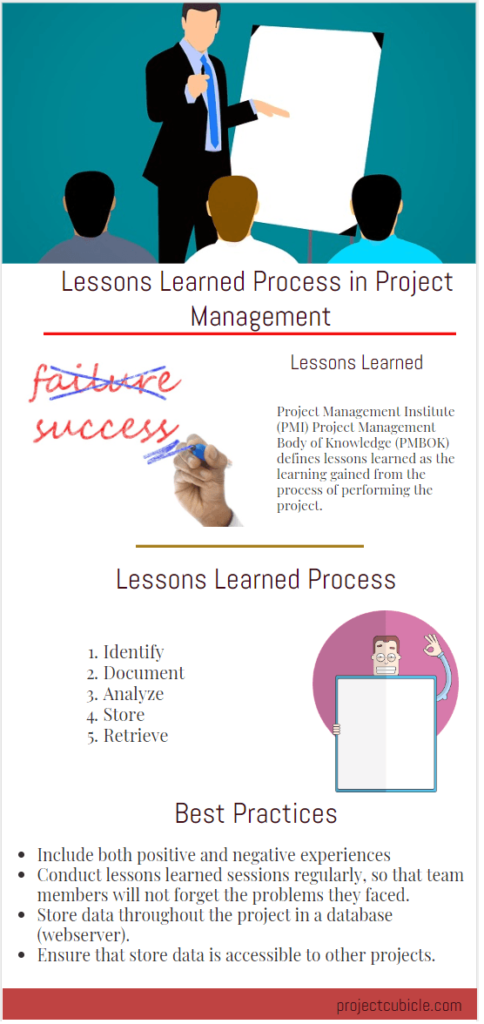
Integration of Lessons Learned into Project Management Processes
Update project templates and guidelines
One way to integrate lessons learned into project management processes is by updating project templates and guidelines. Incorporate the insights gained from the lessons learned sessions into project templates, such as project plans, risk management frameworks, and communication plans. This ensures that future projects benefit from the knowledge and experience gained.
Incorporate lessons learned into project planning and execution
Lessons learned should be incorporated into project planning and execution processes. By applying the insights gained, projects can be better aligned with organisational goals, and potential challenges can be addressed proactively. Regularly review and update project plans and strategies based on the lessons learned to enhance project success.
Share lessons learned with relevant stakeholders
To fully leverage the lessons learned, it is important to share them with relevant stakeholders. This may include project team members, key decision-makers, and other individuals or groups within the organisation who can benefit from the insights. By sharing the lessons learned, you can promote a culture of continuous learning and improvement across the organisation.
Conclusion
Conducting a project lessons learned session is a valuable practice that can enhance future project success, improve project management processes and practices, and promote a culture of continuous learning and improvement. By following a structured approach and incorporating the insights gained into project management processes, organisations can continuously improve their project outcomes and achieve greater success. Remember to create a safe and inclusive environment for participation, involve a diverse range of perspectives, and prioritise the implementation of lessons learned. Embrace the opportunity to learn from both successes and challenges, and use the lessons learned to drive positive change in your projects and organisation as a whole.
